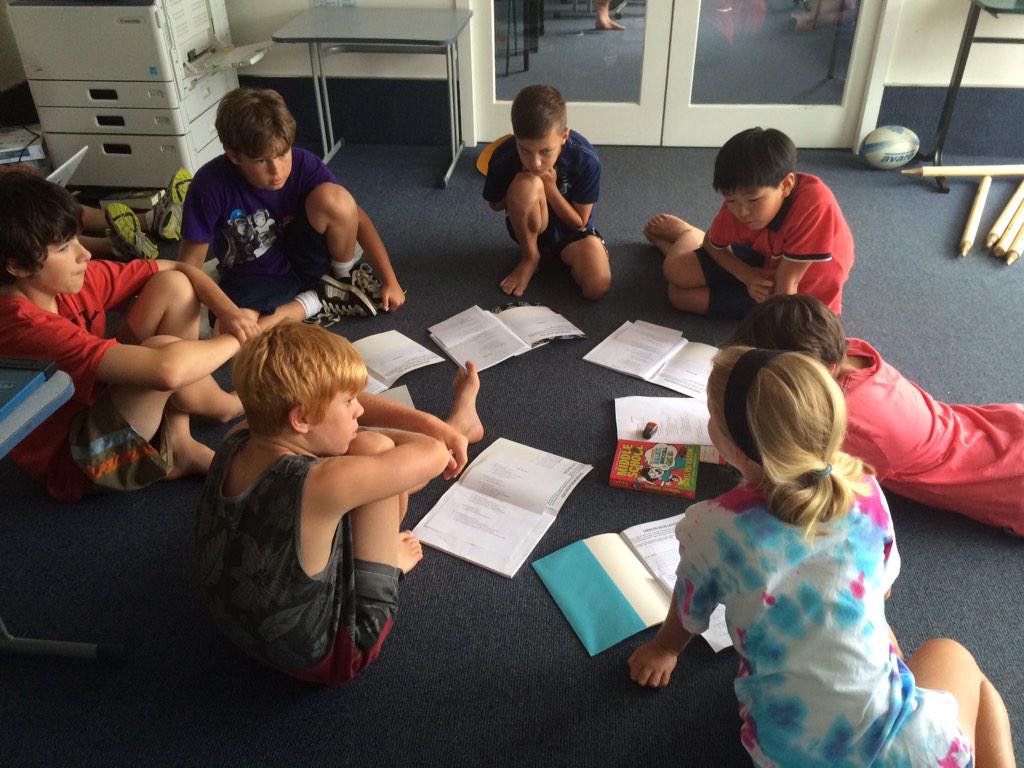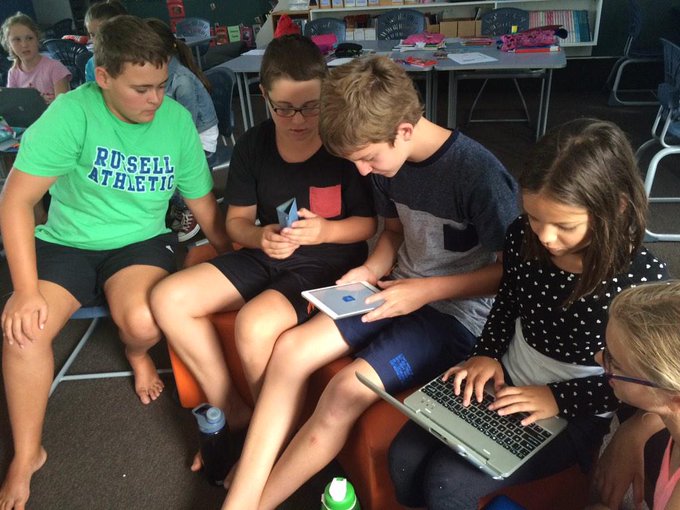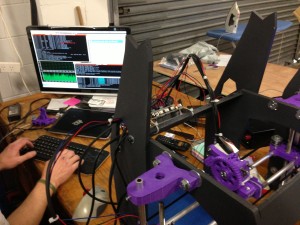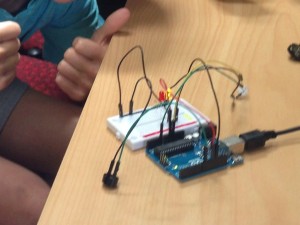After the last post about impending league tables I thought that I would post an article I wrote for the Teachers Matter magazine produced by the talented Karen Boyes @karenboyes from Spectrum Education.
The article, written in 2008, tried to capture the opportunity of a New National Curriculum in New Zealand. It talks a little about change and a lot about the role of the teacher. How does this article sit in 2012? Interested in your thoughts.
What is the residue?
It never ceases to amaze me the range of responses we have to change. In fact the one certainty in our lives is just that, change. But how do we handle it? Where do we pick up the skills to deal with change? Is it largely to do with your outlook on life; the age-old adage of the glass being half empty or half full? Consider the following stereotypical responses to the Revised New Zealand Curriculum that I am sure you have all heard to varying degrees.
“We live in exciting times, we are at the cutting edge of education change. We have a revised curriculum that focuses on Vision, Values and Key Competencies. We are jumping for joy that the word ‘Thinking’ appears in our guiding document at the top of a list of capabilities for living and lifelong learning. We are pioneers, constructing a framework that will allow our children to thrive in a rapidly changing world.”
“We have seen it before, change for change sake. What, a revised curriculum? We never paid attention to the last one! Can’t we just do what we have always done? We really haven’t got time for this in our busy lives. Thinking you say, we have always taught our kids to think, we give our bright kids all those thinking skill things when they have finished their real work.”
The New Zealand Curriculum Vision talks about our young people being confident, connected, actively involved lifelong learners. Words like creative, energetic and enterprising sit side by side with resilient, resourceful and motivated. Our challenge is to model these very attributes in front of our students. Energetic, enthusiastic educators who model the NZC vision, values and key competencies is what our children need in their lives.
Whenever I think about the role of enthusiasm and passion for learning in schools I reflect upon a conference I attended a few years ago where the keynote speaker crystallised my thoughts in a very public way. In his opening address he asked how many principals in the room were tired. A number of principals put up their hands. Then came the killer line… “Well then perhaps it is time to retire and let the energetic, enthusiastic people take over.” Whilst harsh and hard hitting it is true, schools are not the right place for those who have lost their spark. But rather than weeding out the unenthusiastic and tired people we have to find new ways to reignite the passion, perhaps one way to do this is the notion of legacy. What is your legacy?
Someone once said to me that it is not what you teach it is how you teach it that will be remembered. Perhaps I am lucky that I had teachers as I was growing up who, whether they knew this or not, demonstrated this very point. What I value today is a result of how my teachers taught. Mr Kay taught me about persistence through Sport. Mrs Nicholls taught me about the joy of Music. Mr Thornewell taught me about curiosity, about questioning, he left with me a love of learning and most importantly he taught me about enthusiasm. At Intermediate Mrs Gribble taught me that looking at things from a different perspective opens up a range of new ideas and possibilities. At High School Mr Staniland, Mr White and Mr Druitt showed an enthusiasm and a passion for their given subject areas that was infectious. I must have learned all the other stuff, the ‘what’ of their teaching. But it is definitely the how that is their legacy and it remains with me.
Currently we are grappling with curriculum change and the notion of explicitly teaching thinking and learning dispositions. We have schools adopting wonderful programmes like Costa’s Habits of Mind and Claxton’s Building Learning Power that build a child’s capacity to be successful in a rapidly changing world. How many of us model these dispositions? If we really think they are important for children to have, how are we using them successfully in our personal and professional lives? Dr John Edwards uses the example of de Bono’s six thinking hats tool. Lots of people use it in classes but how many of us use it in making decisions about the future direction of our schools, our lives? If not why teach it?
So how do you stack up? What will the children of today say about how you taught them when they think back on their schooling… will how you taught be remembered at all? What will the residue be in 5, 10 or 20 years? Will they be reflective thinkers because you have explicitly modelled this in your classroom? Will they have an enthusiastic outlook on life because you were energetic about all that you did with them. Will they be creative because you allowed them the freedom to step outside the square more often than not? Will they love life and all it has to offer because you showed them something about your life outside of school. Will they treat others with dignity and respect because you walked the talk?
Fortunately or unfortunately, depending on your glass, you can’t hide from the children you teach… they watch you, they pick up on your values, on your beliefs. You know from your own life experience that teachers leave a legacy, so why not leave a powerful one for your students.
At the time we were looking at a new curriculum – I was excited. A lot has changed for us since then – but let us all remember the New Zealand Curriculum Document is still our guiding document it should drive our decision making, it should give us direction. Or are we doomed to only deliver and measure what is assessed as, after all, what you assess is what you deem to be important.







